Florida might be erasing “climate change” from state laws, despite its vulnerability to rising sea levels and extreme weather.
Governor Ron DeSantis, amidst substantial environmental spending, is steering the state away from prioritizing climate change in legislative decisions, signaling a major policy shift.
Policy Shifts Favoring Cars

Governor DeSantis has already enacted policies that emphasize the dominance of cars in Florida’s transportation infrastructure.
These include discouraging the development of bike lanes and implementing a ban on advertising and dark window tinting on city buses. Further solidifying this approach, DeSantis is expected to sign another measure that would cap state spending on public transit.
Preparing for an Active Hurricane Season
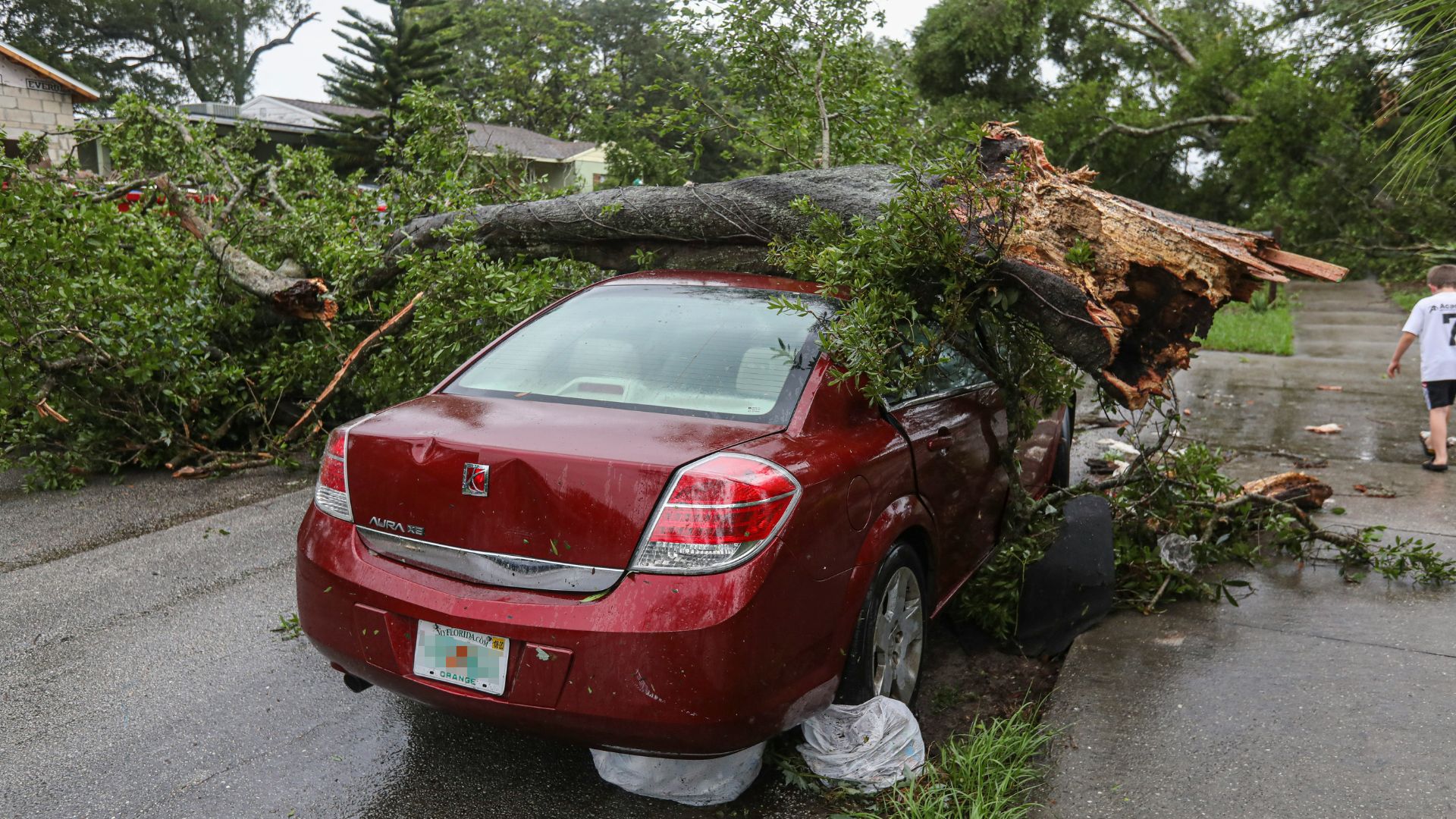
As the state prepares for a predicted active hurricane season starting June 1, the Republican governor is aligned with others in his party who resist measures specifically aimed at combating climate change.
This resistance comes at a time when proactive measures could be crucial for Florida’s resilience against natural disasters.
Revising State Energy Priorities

Florida is considering the repeal of a 16-year-old law that places climate change as a priority in energy policy decisions.
The new legislative focus would shift towards enhancing energy affordability and availability, marking a significant change in the state’s approach to energy policy.
Legislation to Omit ‘Climate Change’
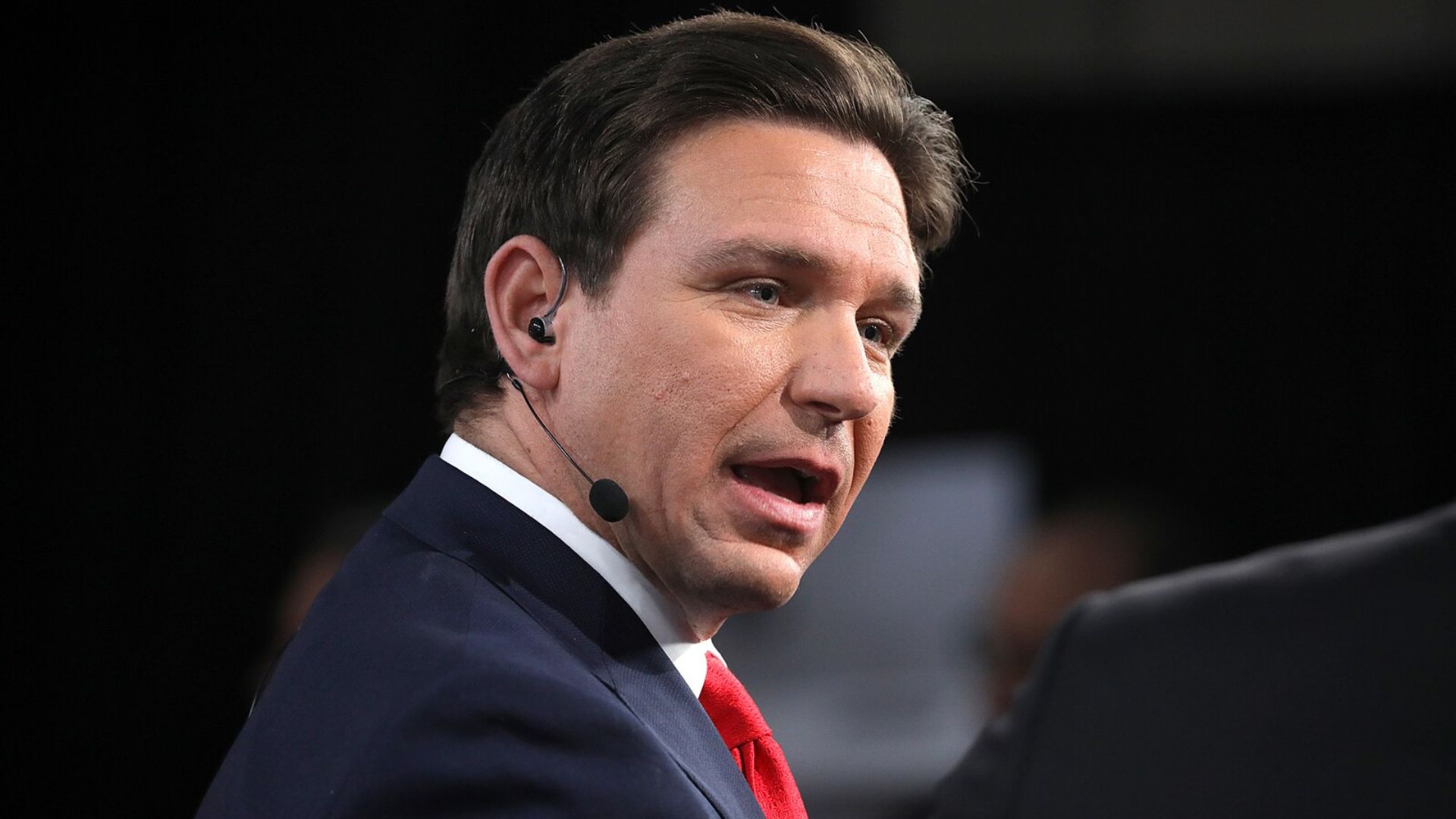
A bill awaiting Governor DeSantis’s signature proposes to remove the term “climate change” from much of Florida’s state law.
This move would reverse a policy established by former Governor Charlie Crist, who advocated for promoting green energy over fossil fuels during his tenure.
Geographical Challenges and Legislative Changes

Supporters of the new bill argue that Florida’s flat terrain and extensive coastline present unique challenges, which are exacerbated by the current climate change regulations in state law.
They believe these regulations complicate the state’s ability to effectively meet its specific environmental and infrastructural needs.
Focused on Consumer Protection
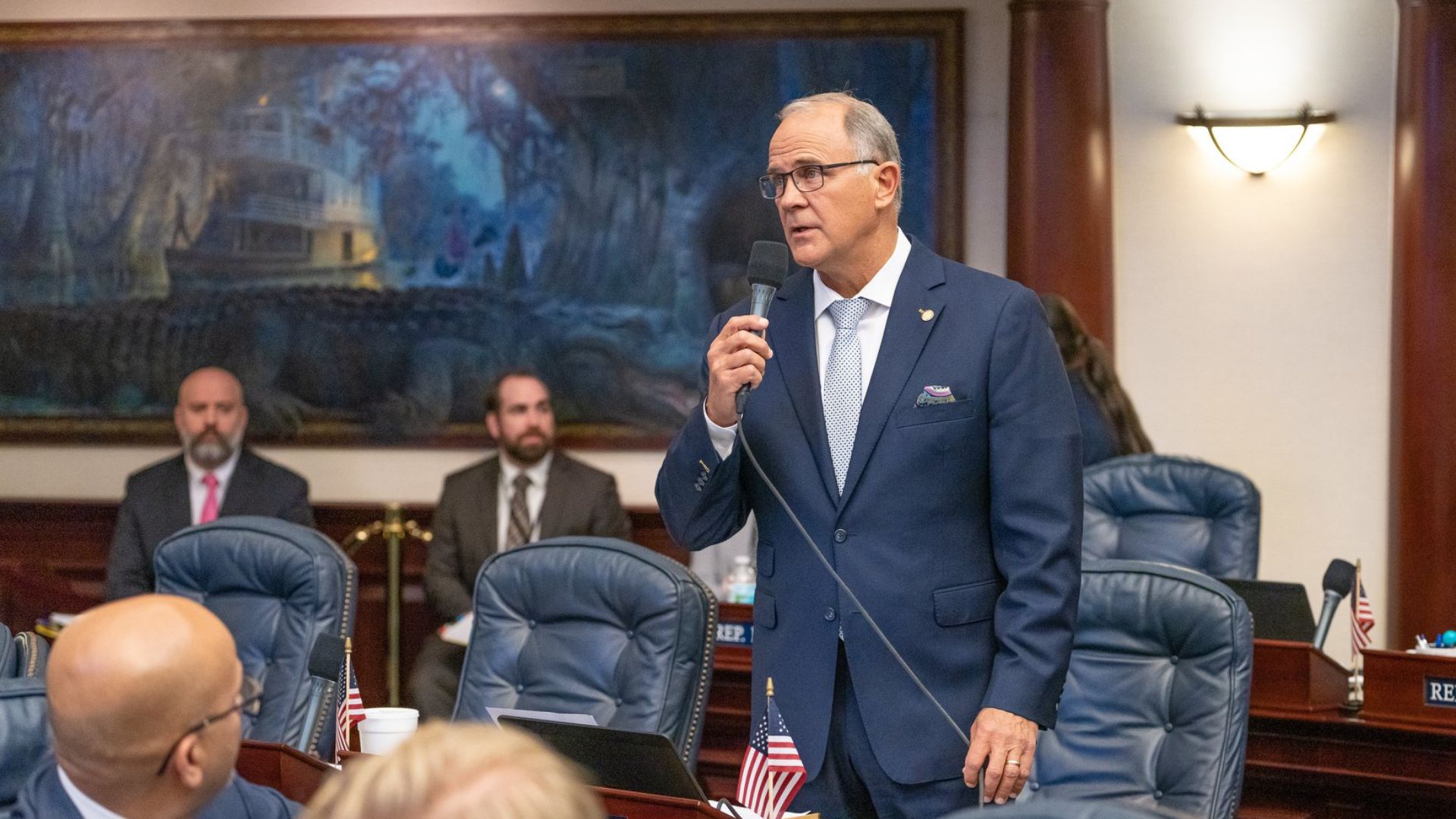
According to Republican Rep. Bobby Payne, the changes are aimed at protecting consumers.
He said, “We’re protecting consumers, we’re protecting consumer pricing, we’re protecting them with great reliability and we’re protecting to make sure we don’t have a lack of energy security in our state. That’s where we’re moving as far as our policies.”
Criticism from Charlie Crist
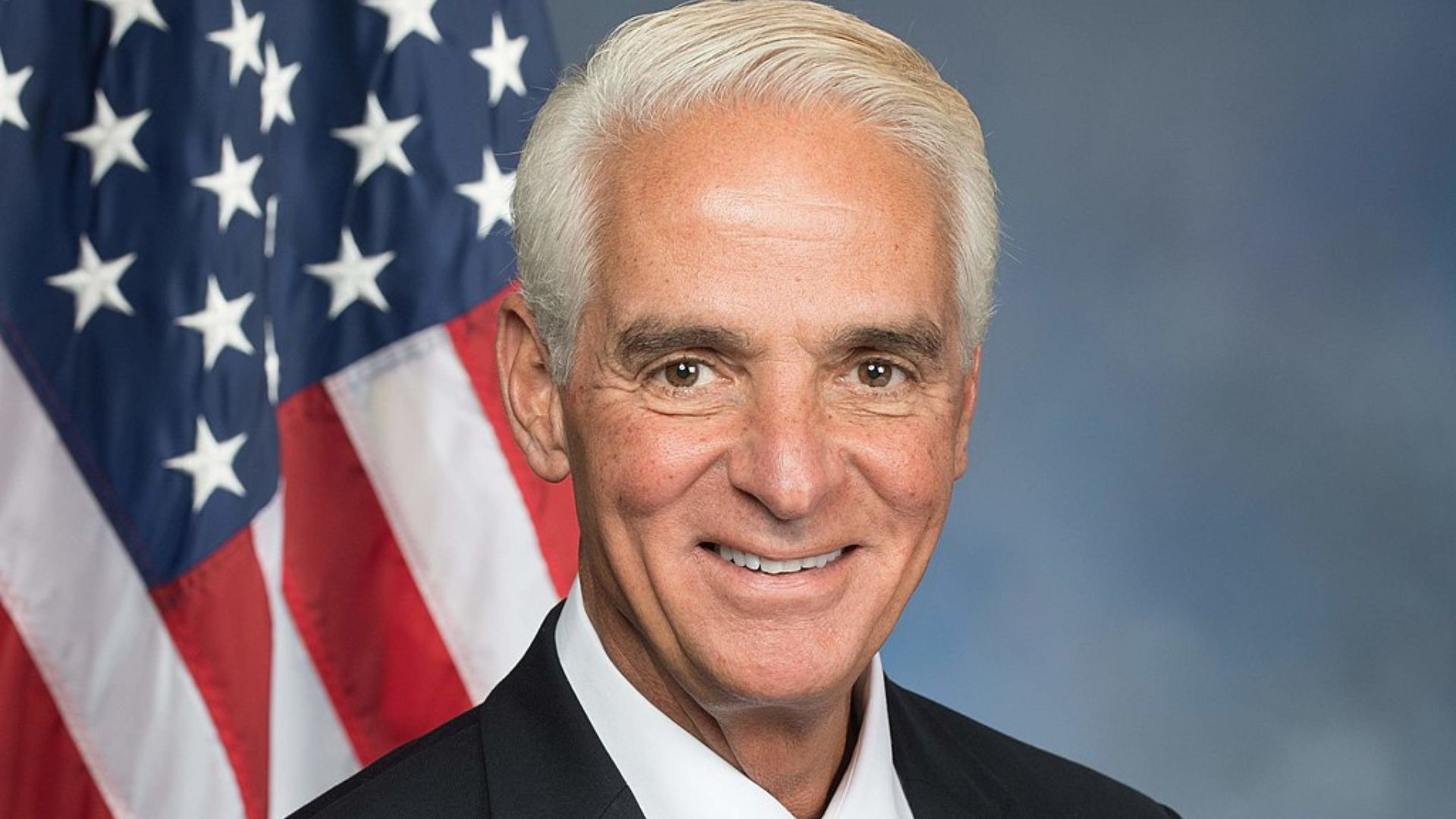
The shift in policy direction has drawn criticism from figures like Charlie Crist, now a Democrat, who previously signed the climate-focused bill into law.
He expressed his disappointment, saying, “It’s disappointing to see a continuing lurch in the wrong direction, particularly when Florida, with our coastline, is probably the most vulnerable to rising sea levels, I mean if we don’t address it, who’s going to? It breaks my heart.”
Historical Context of Climate Legislation

In 2008, the legislation to address climate change and promote renewable energy was passed unanimously in both legislative chambers and signed by Crist with much public attention at an international climate change conference.
This historical moment highlighted a bipartisan commitment to tackling environmental issues.
Restrictions on Local Energy Policies

The proposed legislation not only shifts the state’s energy priorities but also imposes limitations on local governments by banning wind energy turbines or facilities off or within a mile of the coast.
This change is part of a broader effort to reshape how Florida manages its energy resources.
Reducing Environmental Regulations

Additionally, the bill proposes eliminating requirements that had mandated government agencies to hold conferences in environmentally certified hotels and prioritize fuel efficiency in new vehicle purchases.
These changes reflect a move away from some of the state’s previous green policies.
Awaiting a Final Decision
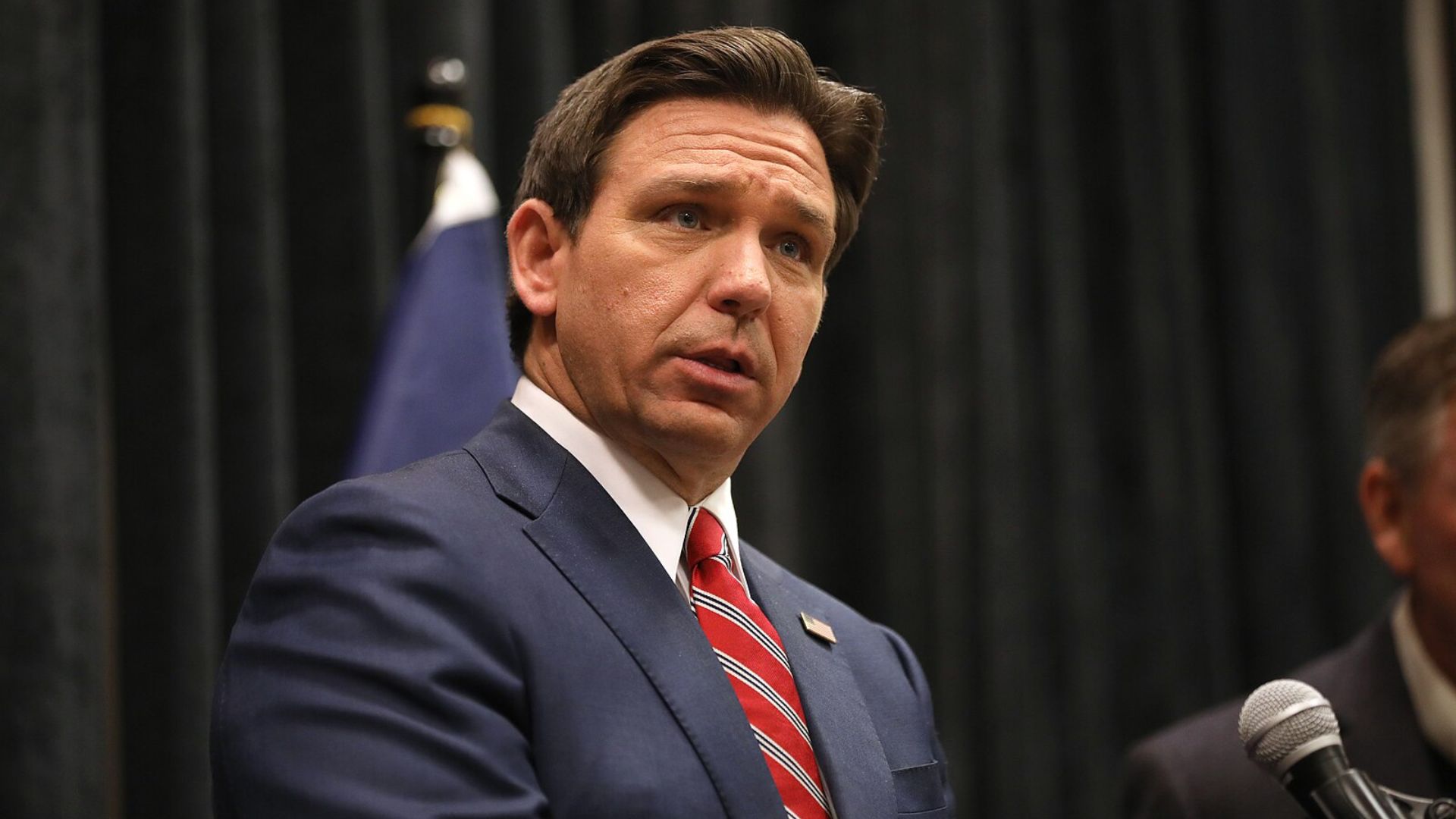
The bill has garnered support from Republican legislators and opposition from Democrats. It has been passed by the Legislature and sent to Governor DeSantis, who has until May 15 to decide on it.
Despite the controversy, Brooke Alexander-Gross of the Sierra Club’s Florida chapter said, “Having that language there really encourages a lot of people to take a look at what climate change actually is and it’s disappointing to see a governor in a state like ours strip that language, which is really just a way for him and his administration to ignore everything that’s going on.”
